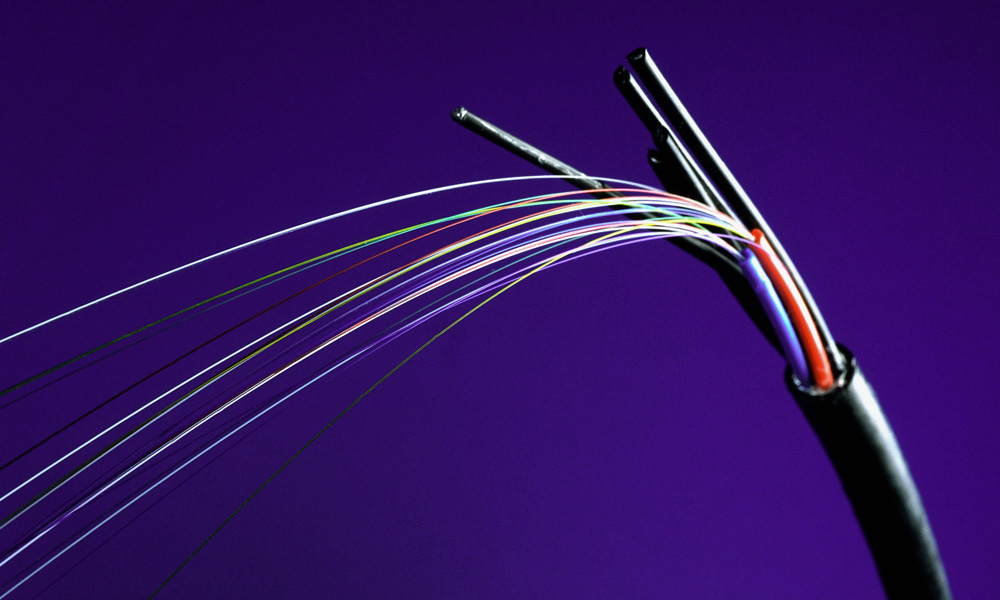
How a Net Neutrality Battle Played Out in France
After a French ISP decided to make it easy for its customers to block ads, associations spoke out in protest, ultimately leading to a reversal.
Net neutrality—the idea that internet service providers (ISPs) should treat all data on the internet equally—is a hot topic in the United States. But outside of last year’s Stop Online Piracy Act, we’ve seen few examples of how a battle like this would play out in the public square.
The pipelines between Google and us are full at certain hours, and no one wants to take responsibility for adding capacity. It’s a classic problem that happens everywhere, but especially with Google.
But this week in France, a real-world example, involving a fight over corporate interests, broke out in a big way. Here’s how associations and the French government dealt with the controversy:
The situation: In an effort to prompt ad networks to help pay for the infrastructures used to push content online, the French Free network started blocking online advertising by default for users. Free is the second-largest internet provider in the country (with 5.2 million users), so the move puts significant pressure on Google and other companies to work with Free.
Why the issue arose: Xavier Niel, the entrepreneur who runs Free, has been critical of Google in particular in the past for refusing to invest more in the internet’s infrastructure. Niel told Nouvel Observateur last year, “The pipelines between Google and us are full at certain hours, and no one wants to take responsibility for adding capacity. It’s a classic problem that happens everywhere, but especially with Google.” The criticism comes at a tough time for Google, which is already facing antitrust complaints from the European Union and recently settled similar claims in the U.S.
The association response: Industry and consumer groups came out strongly against Free’s approach, particularly regarding net neutrality. The organization Spiil, which represents online news publishers that were directly affected by the decision, argued [article in French] that Free’s move opened the door to online censorship and represented the privitization of a public good. Meanwhile, UFC-Que Choisir, a French consumer group, emphasized the value of net neutrality. “More than ever, the public authorities must act in 2013 to guarantee consumers a neutral, quality internet,” the group’s president, Alain Bazot, wrote, according to The New York Times.
The government reaction: While Fleur Pellerin, the French minister for the digital economy, initially sounded open to Free’s approach (“We have to find more consensual ways of integrating the giants of the internet into national ecosystems,” she told one French newspaper), she ultimately convinced Free to back down. In a news conference on Monday, she said “an internet service provider cannot unilaterally implement such blocking.”
(Goodshoot/Thinkstock)






Comments